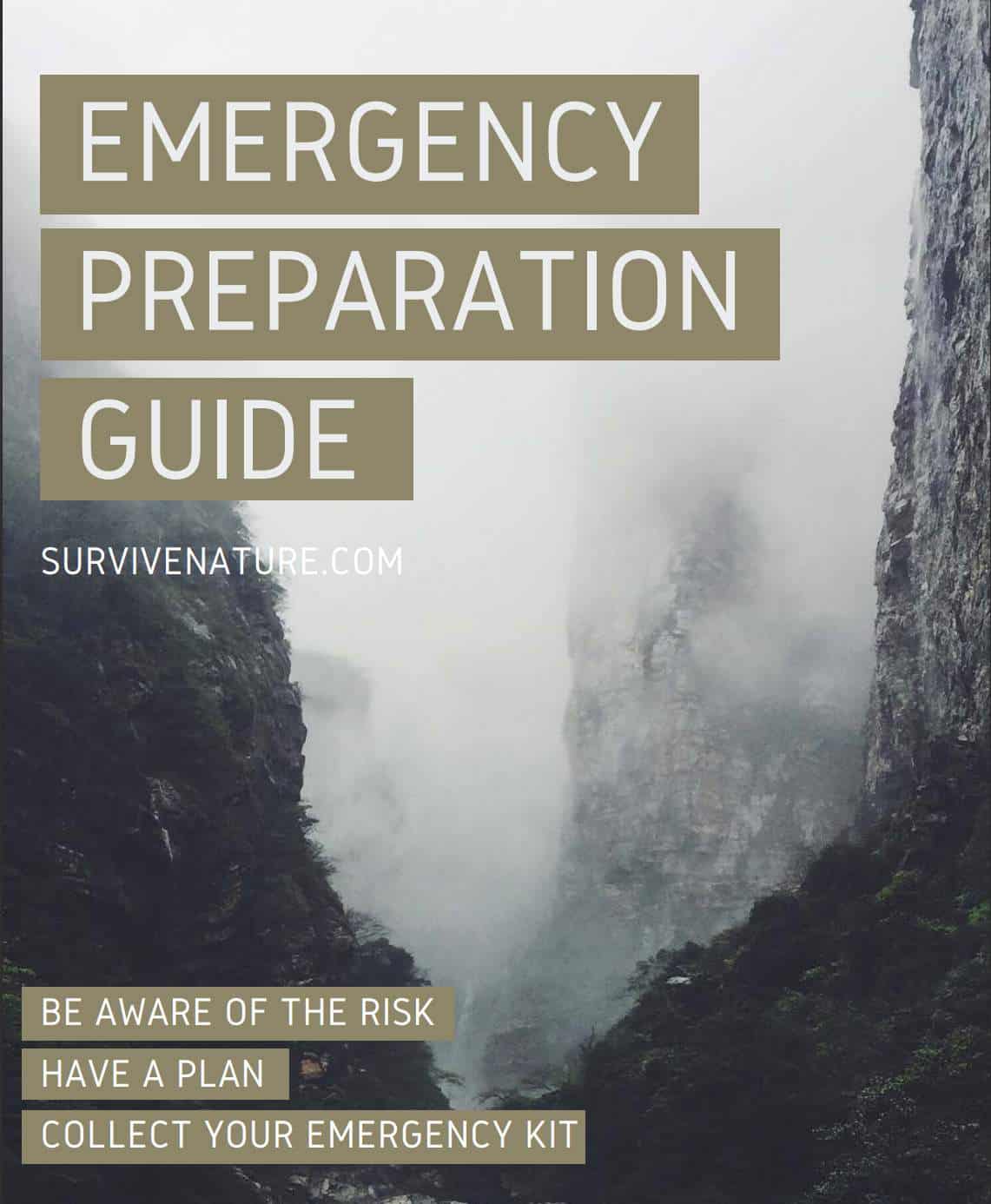Amish products, as well as their restaurants, are very popular in the United States. Especially, people love their bakery, and unsurprisingly — it’s known not only for its deliciousness but also for a complete absence of artificial ingredients, which is very rare in ordinary shops. By definition, everything that is produced by the Amish is fully natural. But how can you find an Amish market near your own home? It’s easier than you think! There are Amish markets all over the US. Many websites provide a long list of them, where you can see the majority of states. Even if your state doesn’t have such a market, there’s a high possibility that it is at least in one of the neighboring states. So, you don’t need to go very far to buy organic, high-quality Amish products.
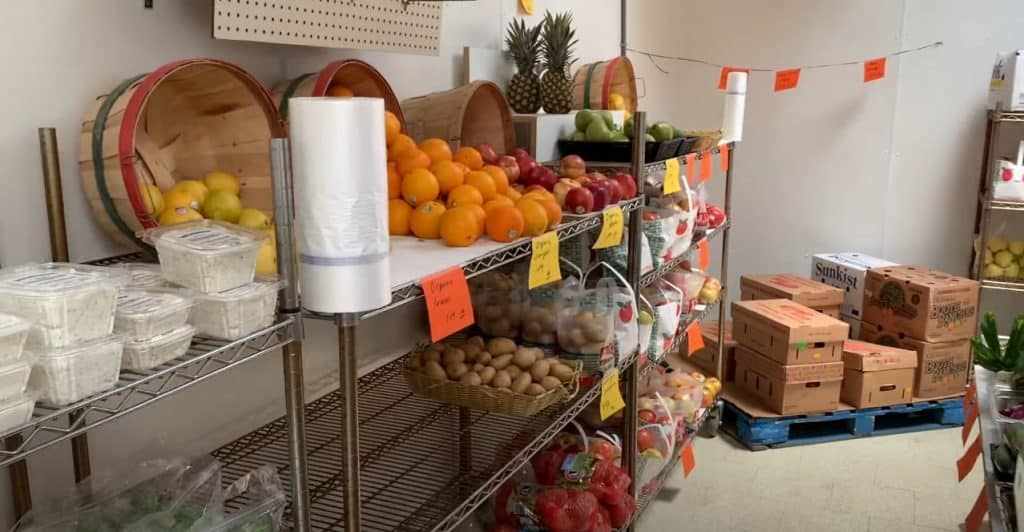
Amish markets. What are they?

Most Amish stores are situated in the eastern, southeastern, and mid-western parts of the United States. In the west of the country, they’re a bit rarer.
If you live near an Amish country store or at least an Amish-style restaurant, you’re really lucky, because there you can find a wide choice of authentic goods that are usually not available in shopping malls or grocery stores.
Amish stores and markets can be classified into several groups. Everyone who wants to buy anything Amish should know about it — because otherwise, they may not find what they need.
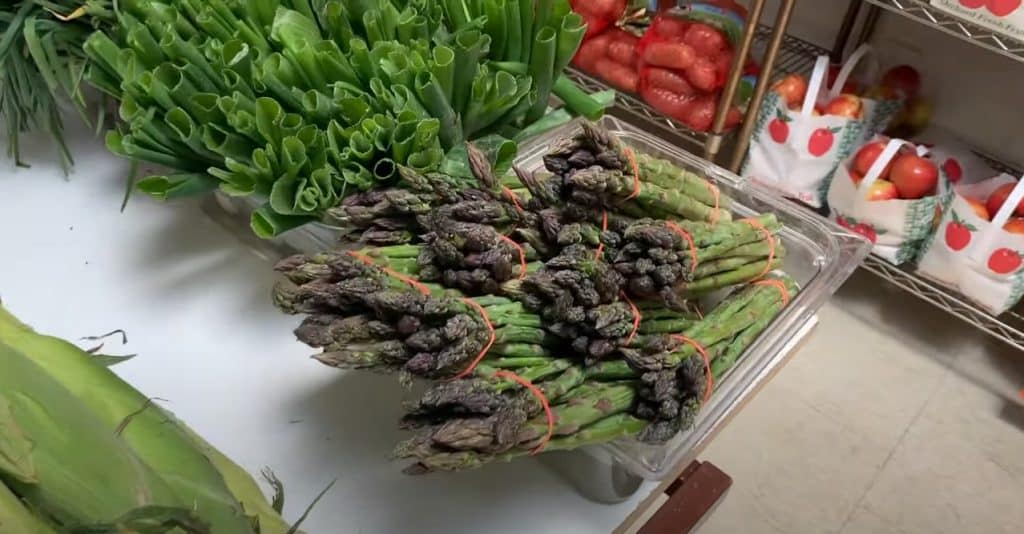
So, which types of Amish stores do exist?
- First of all, there are markers dedicated solely to food. There, you can find both dried and fresh produce, and also baked goods.
- Then, there are furniture shops. In them, you can find various kinds of handmade furniture, made by Amish craftsmen or workshops — for example, a country cupboard or Amish outdoor furniture.
- Crafts and arts — smaller handmade items such as various quilts, art pieces, Amish handcrafted wooden items, and so on.
- Expired food — some Amish markets only sell food with expired shelf life bought from big shopping malls — of course, with much lower prices. Often, it’s food in boxes, cand and other types of produce that lasts for a really long time — thus, exactly what a prepper needs.
Contrary to their name, Amish markets are sometimes owned by non-Amish vendors. Oftentimes, they are just retailers who distribute Amish-made goods. How to tell the difference? It’s easy. A genuine Amish farm market doesn’t have its own Internet site and telephone number, and its staff members don’t wear modern-style outfits.
Usually, Amish stores purchase dried bulk foods in large batches, after which they pack them and sell them individually. It’s possible to buy goods in any amount, both big and small. As a rule, it costs less than at regular shops.
What do Amish food stores sell? Many things. Bakery, food in cans, sweets, meat, cheese, and other foods. They may be both from the local community and other ones.
Why are Amish markets worth visiting?
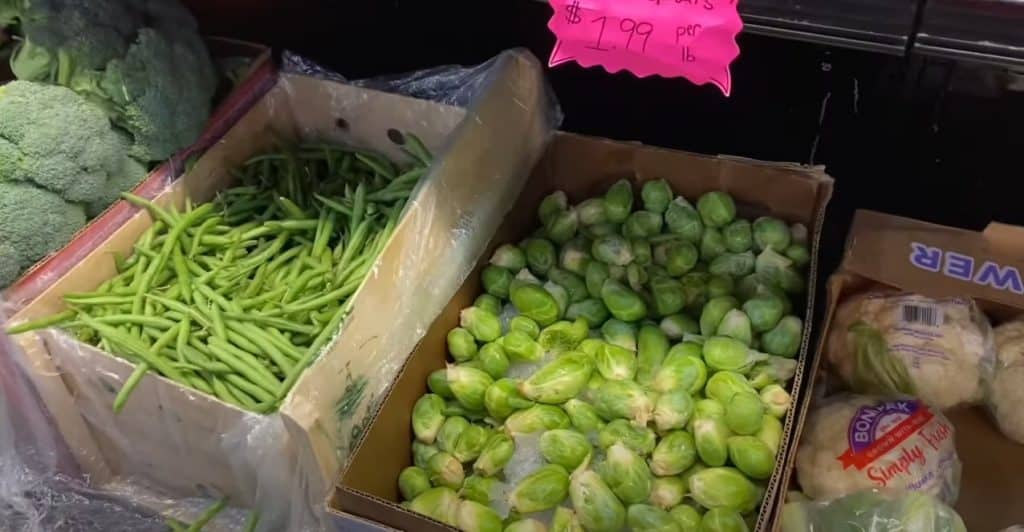
What are the reasons behind Amish farm markets’ popularity? There are several of them.
Firstly, they sell lots of fresh food, which is not only healthier, but also has a much better taste. Suppliers of regular shops typically pick unripened produce, so it would mature on the way. Needless to say, their taste turns out to be not as great as that of those that were already picked ripe. On the contrary, Amish farmers pick veggies and fruits several hours before selling, which makes amish grown fresh produce much tastier.
Secondly, it’s, of course, the health advantage. It’s common knowledge that fresh and organic food is way better for health. Before arriving at regular shops and malls, vegetables and fruits spend a lot of time in closed spaces such as warehouses, planes, and trucks. Obviously, it’s not useful at all for their health properties — they lose lots of nutrients and vitamins. For Amish communities’ produce, it’s much less of a problem since their transportation is much shorter. So, they don’t have enough time to lose their nutrients and thus contain the biggest possible amount of them.
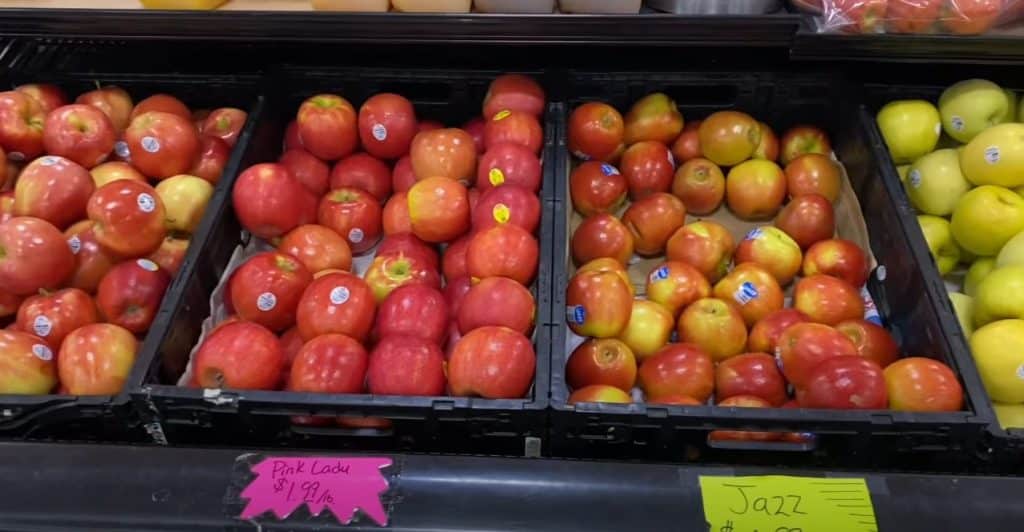
Another advantage is that an Amish farm market can help you learn to cook better and become inspired for new culinary masterpieces. Just don’t be shy to talk to people who sell food there. The majority of them know everything about their goods because they’ve been familiar with them since childhood. So, if you ask them, they’ll probably share with you many interesting recipes or cooking secrets. but if you’re too shy to do it, you can just look at all the food diversity that’s offered on the market and get inspired.
The next great thing about Pennsylvania Amish stores and markets is that it’s an amazing place to learn about completely new products and, of course, try them. Many seasonal types of food are simply unavailable at ordinary shops but can be easily bought at an Amish produce auction. For instance, Yoder’s Amish Market features lots of them. Also, there’s a huge assortment of yummy fresh bakery and warm products.
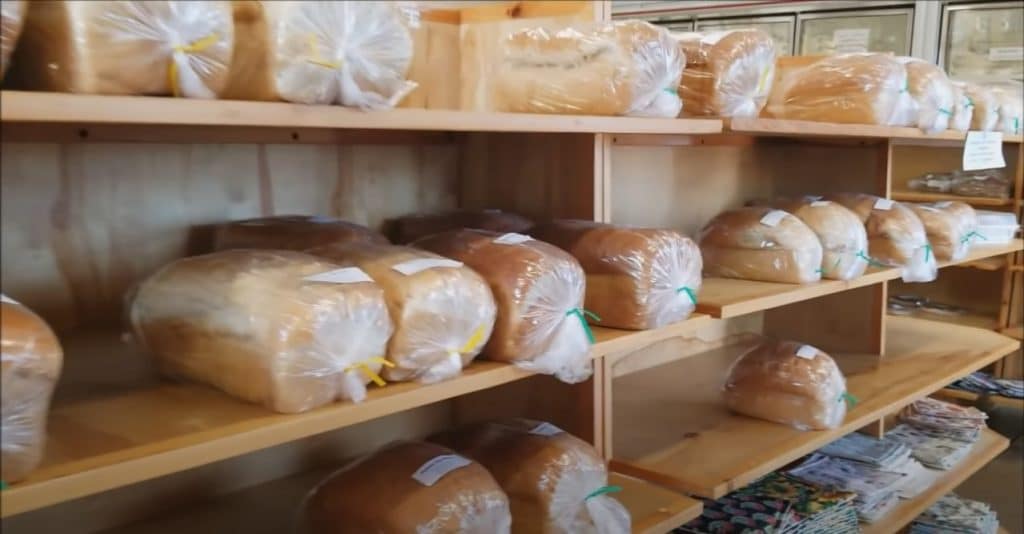
Examples of foods that can be bought there include:
- Turducken;
- Shoofly pie;
- Amish country popcorn;
- Amish wedding food;
- Amish dairy cheeses (Ohio Amish community makes great ones);
- Amish homemade meats;
- And many others.
An Amish market or a family owned country store is truly a very interesting place where you can talk to real Mennonite farmers and have a look into their mysterious, isolated culture.
A wonderful idea would be to go to an Amish market square with your family and especially children. For a child, such a place is a true paradise — so many bright, delicious foods, amazing smells, and new people to meet! As for adult members of your family, it can make them think about leading a healthier life and changing their dietary habits towards more naturalness and freshness.
In addition to that, by buying goods at such markets you support local Amish families. So, it will be less likely that they’ll have to sell their property to urban developers. And this prevents the fast spread of overcrowded and polluted city territories.
But the beneficial effect of supporting local Amish country coop farmers isn’t limited to this. By doing it, you also help their suppliers of seeds, feed mills, farmworkers, and equipment makers — and it’s quite a big number of people that really need your support!
Also, it helps you support the local economy of your state. The profit from the Amish community market goes directly and completely to the people who’ve produced the food or other goods.
And finally, Amish markets are very environment-friendly. First of all, Mennonite farmers grow food without any pesticides or other chemicals. They are not harmful to ecosystems and biodiversity. Secondly, since they’re usually local, their products don’t need long-distance shipping — and thus, they help reduce the pollution greatly.
Amish markets and survivalism: what is the connection?
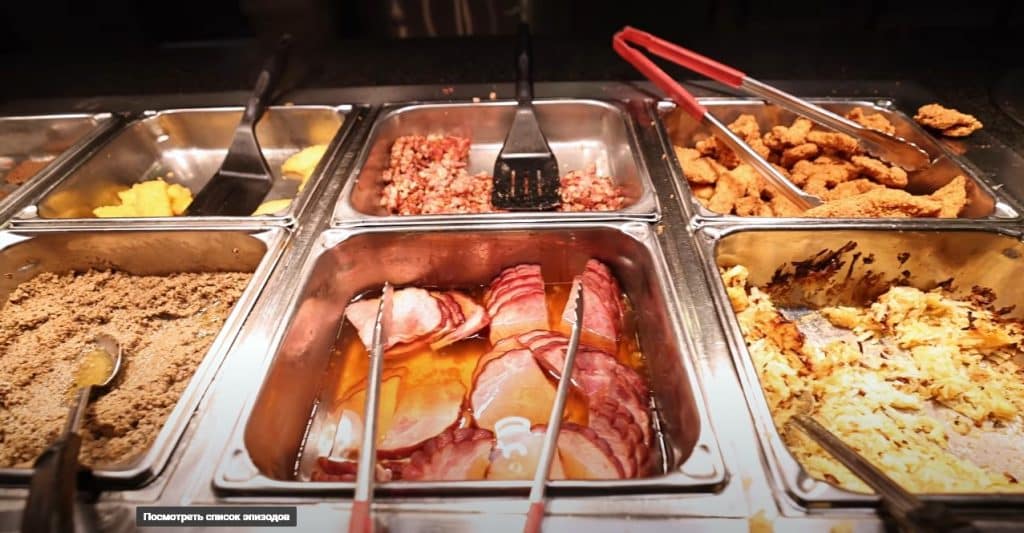
We already said that Amish markets are very popular in the US. But there’s one category of people whose love for them is especially strong: preppers. Why do they like Amish production so much? There are two primary reasons for it:
First of all, there are lots of dried products at such markets. There’s no need to explain why such food is essential for any survivalist. It has a much longer shelf life than non-dried food and thus is an excellent variant for an emergency pile-up. Canned food, another prepper staple, is also often sold at such markets. And it all is much better, healthier, tastier, more natural, and often cheaper than in ordinary retail shops.
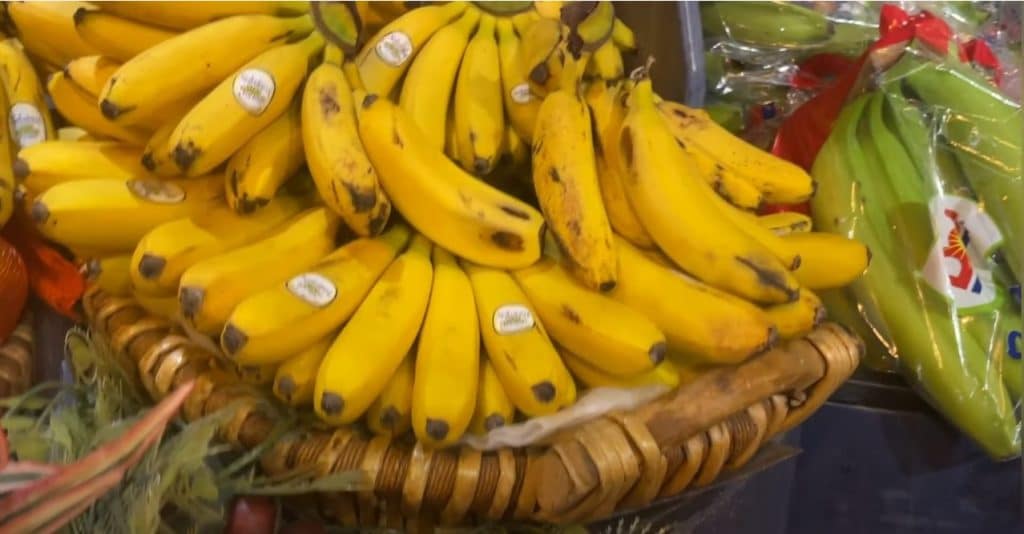
Another advantage of Amish markets for survivalists (and for everybody else) is that their logistic chains are much shorter than those of regular stores — so, if some catastrophe happens and food supply will be difficult or even impossible, Amish markets will be affected much less drastically. In an especially dire situation, they can become the only place where the food will be available — so it’s very useful to know the location of the nearest Amish country store even if you don’t buy anything from it in your usual everyday life.
The best Amish markets
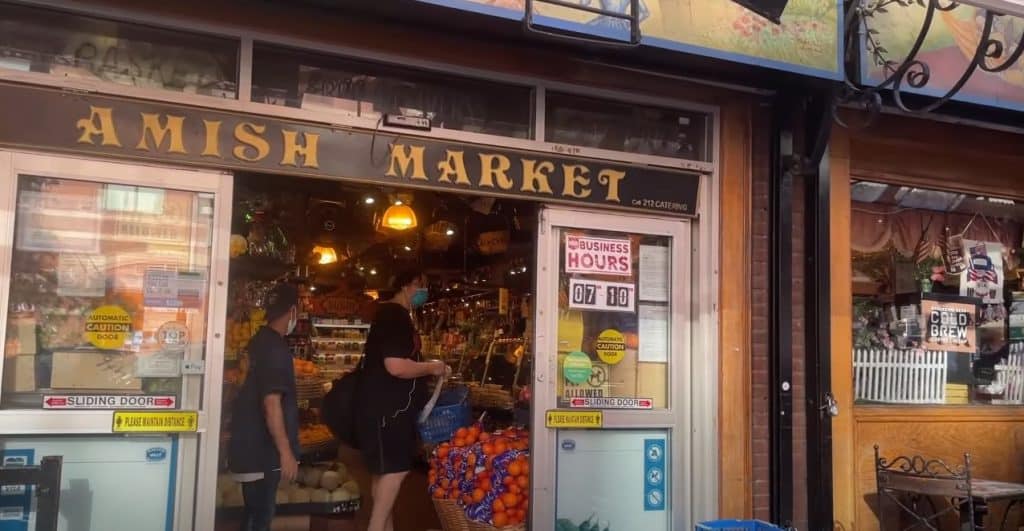
Where is the best Amish market located? There are lots of them all over the US. Examples of great Amish stores and markets include:
- Yoder’s Country Market, VA;
- Georgia Yoder’s Country Market, GA;
- Westtown Amish Market, PA;
- Olde Country Market, NY;
- Orchard Lane Country Store, MI;
- New York Amish Market, NY;
- Pine Valley Country Store, MI;
- Idaho Miller’s Country Store, ID;
- Kentucky Granny’s Country Store, KY;
- MI Amis Store;
- OH Troyers Country Market;
- PA Dutch Market;
- Delaware Dutch Country Farmers Market, DE;
- Ozark Country Market South Heber Springs, AR;
- Muddy Pond Country Store, TN;
- Keller’s Kountry Store Dallas Center, IA.
Frequently Asked Questions — FAQ
What is an Amish Market?
To say it simply, an Amish market is a market of organic farm-grown food. Although they’re called Amish, they’re not always run by members of this Mennonite confession. But even if they’re operated by third parties, their food is always natural, healthy, and completely free of any harmful chemicals.
How are Amish Stores Related to Prepping?
There is a lot of dried food at Amish markets. Since such food lasts very long, it’s amazing for any prepper and survivalist. And unlike in ordinary shops, it’s fully natural and doesn’t contain any conservants or other additives, which makes it much better for health. Also, in case of any supply problems, Amish markets will suffer much less than regular shops and malls, so they may remain the only place where you can buy food.
What to Expect at an Amish Market?
In a nutshell — you can expect lots of different food, which is all-natural and farm-grown. This food is not only fresh but also canned, dried, cooked, baked, and so on. In particular, there are plenty of dishes made from traditional Amish recipes. The prices there are usually very attractive and even lower than in regular shops.
Also, there’s such things as Amish stores that sell not only food but also other goods such as handmade furniture, quilts, or pieces of art.
How Long Does Peanut Butter Last as a Prepper Survival Food?
Because of its long shelf life, peanut butter is one of the most popular foods among preppers. But it has an expiration date too. Unopened peanut butter will last from half a year to two years. As for opened butter — it depends on its type. If it’s from an ordinary shop, its shelf life will be from two to three months, and if it’s a completely natural one from an Amish market, it will last only a month (approximately).
Where Are The Amish Found Today?
Nowadays, the majority of the Amish live in such states as Pennsylvania, Ohio, and Indiana. Also, they can be found in Wisconsin, Michigan, Iowa, Kentucky, Missouri, and New York — although there are much fewer of them. Outside the US, Amish settlements exist in Canada, Bolivia, and Argentina.
Who Are The Amish And How Do They Live?
Amish Mennonites (or simply the Amish) are a North American Christian denomination. It was founded at the end of the 17th century by Jakob Ammann. The Amish are known for their simple way of life. They reject most modern conveniences and live in strict isolation. Their lifestyle is similar to the lifestyle from the past. They say that it helps them avoid temptations and make their life more wholesome and pure. For example, they don’t use electricity at all, except for some basic farming equipment (and this is very rare, too). Usually, they do all their work manually.


